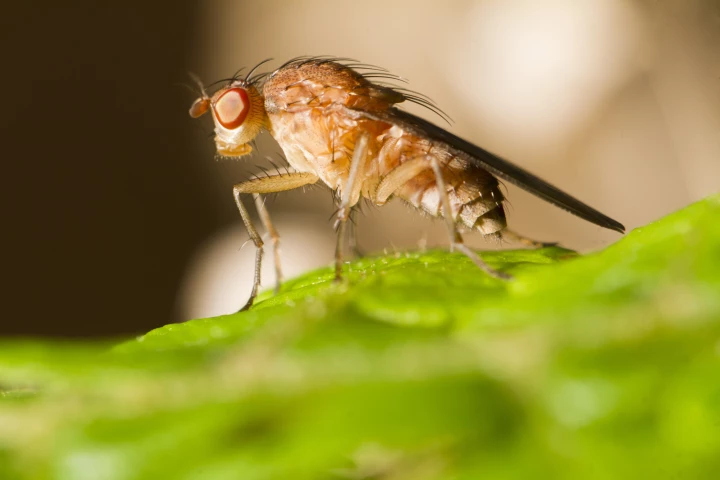Trauma
-
A new study has found that even if survivors’ physical and psychological scars have healed after experiencing trauma, their bodies can still carry a biological “imprint” of the event years into the future – the body doesn't forget.
-
Individuals who suffer head trauma from sports, accidents, or other causes often go on to develop neurodegenerative diseases like Parkinson's or Alzheimer's. A new study sheds light on why that might be and offers a way to prevent it.
-
A study has found that exposure to childhood trauma increases the likelihood of experiencing chronic pain and pain-related disability in adulthood, with the risk increasing significantly after exposure to multiple adverse childhood experiences.
-
Research has found that the brains of people with PTSD process traumatic personal memories differently from sad ones. The findings suggest traumatic memories activate a distinct pathway, which may be critical to PTSD treatment.
-
Surfing the wave of new research into medical uses for psychedelic compounds, the Icahn School of Medicine at Mount Sinai has launched a dedicated psychedelic center focusing on the study of MDMA and psilocybin for PTSD and other stress-related conditions.
-
New research suggests violent or traumatic experiences in childhood can accelerate biological signs of aging. Early puberty, rapid cellular aging, and structural brain changes could all be linked to violent childhood trauma, but not poverty or neglect.
-
In research that could have implications for sufferers of post-traumatic stress disorder, scientists have found it is possible to effectively erase memories of a traumatic event in fruit flies by keeping them in the dark for two days.
-
The US Department of Defense has awarded contracts worth a total of US$7.2 million to develop an autonomous trauma care system called TRACIR that uses robotics, and artificial intelligence to autonomously treat battlefield casualties almost immediately.
-
Striking new research from scientists at the University of British Columbia and Harvard University is suggesting that adults who were victims of abuse as children may carry an imprint of that trauma in regions of their DNA.
-
A team from the University of Pennsylvania has developed a color-changing polymer material that could one day be incorporated into headgear to instantly gauge the severity of blows and provide a clearly visible indication of injury.
-
Fibroblast cells can cause complications following a heart attack, as they form scar tissue on the organ's walls. But new research suggests these cells could be converted to endothelial cells which actually assist in recovery, potentially minimizing the damage caused during a heart attack.
-
In a study involving mice, scientists at Imperial College London have shown that xenon gas can prevent brain damage and disability when given up to three hours after sustaining a head injury.
Load More











